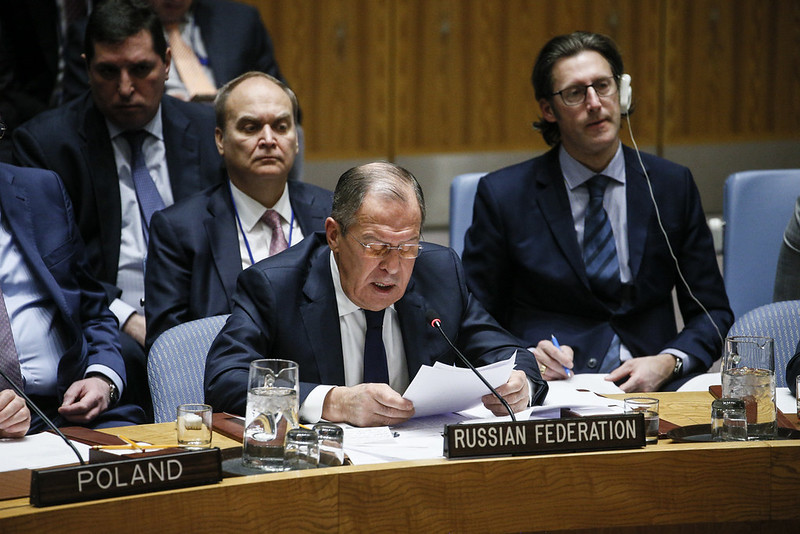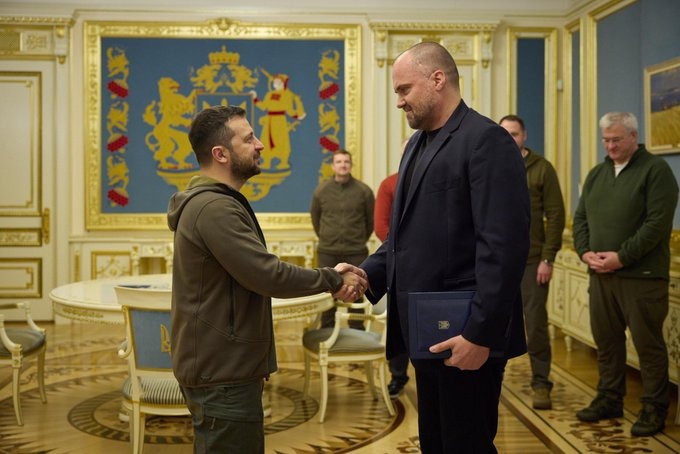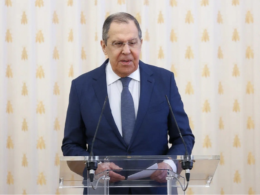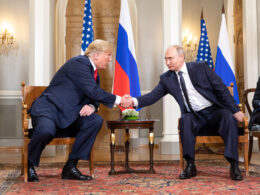Russian Foreign Minister Sergei Lavrov reiterated that Russia’s maximalist objectives in Ukraine remain unchanged and that Russia is not interested in negotiations with Ukraine or the West, the Institute for the Study of War reports.
Some Western actors advocate for Ukraine to engage in negotiations with Russia to bring an end to the ongoing conflict. Meanwhile, Russia has consistently asserted its interest solely in Ukraine's capitulation and the relinquishment of its sovereignty.
Lavrov stated at a January 18 press conference that Russia “will achieve the goals of its ‘special military operation’ consistently and persistently.”
Lavrov reiterated that that these objectives remain unaltered, emphasizing that "serious" discussions about the practical terms for concluding the conflict would require Ukraine to abandon Nazi ideology, Nazi rhetoric, anti-Russian sentiments, and seek NATO membership.
Also, Lavrov denied Ukraine’s agency as a sovereign state, claiming that “it is not Ukraine that will decide when to stop and start talking [with Russia] seriously” about the end of the conflict, but that it is the West that will make this decision.
Russian ex-president Medvedev confirms Russia seeks to destroy Ukrainian state, remains intransigent
He brushed off a question regarding recent media reports concerning the potential for negotiations between Russia and Ukraine, stating that “rumors are just that - rumors.” Lavrov claimed that the West – not Russia – is to blame for the absence of negotiations and threateningly stated that “those [in the West] who refuse [to negotiate] must understand that the longer they wait, the harder it will be to negotiate” and that “there is no hope that Russia will be ’defeated.’”
Lavrov claimed that some of these people left Russia at the beginning of the war, but that an “overwhelming part of [Russian] society came together in an unprecedented way.” Lavrov's statements are meant to frame Russian society as unified around the war, despite heavy Kremlin efforts to crack down on any dissent and disproportionately amplify factions who support the war. Lavrov’s statements also indicate that the Kremlin continues to lack a unified position about the return to Russia of those citizens who previously left, as some Kremlin officials, including Putin, have celebrated the trend of Russians returning from abroad, whereas others have publicly threatened them.
Read also:
- ISW: Medvedev’s remarks on Ukraine signal Moscow uninterested in negotiations with Kyiv
- 9 reasons negotiations with Russia are utterly pointless
- ISW: Putin aims to convince West to betray Ukraine through negotiations
- Russian ex-president Medvedev confirms Russia seeks to destroy Ukrainian state, remains intransigent
- Medvedev makes it clear the call for genocide against Ukraine came from Kremlin
- Top-10 Russian genocidal quotes about Ukraine
- Putin did not say he is ready to negotiate with Ukraine, contrary to reporting – ISW
- Negotiations cannot end the Russian war against Ukraine, they can only pause it – ISW





